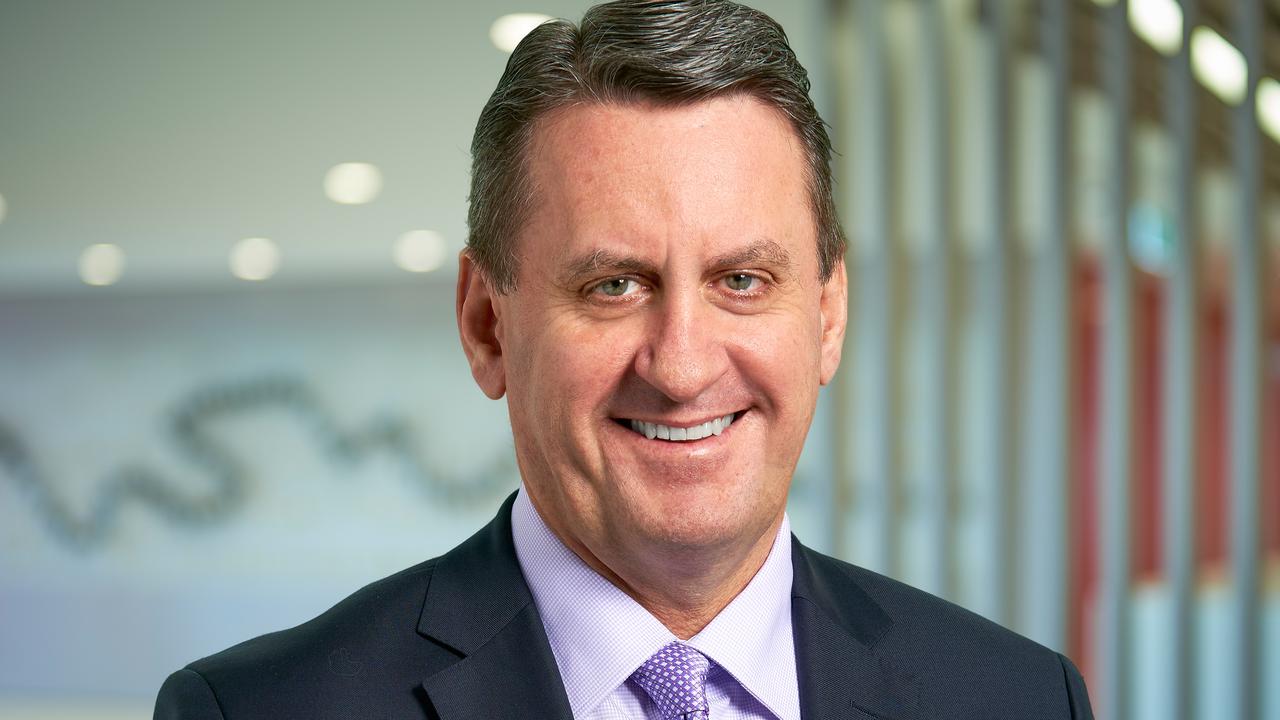BDO’s Tony Schiffmann says identifying the risks helps companies build resilience
Building business resilience doesn’t happen naturally, it takes planning. Here’s how you can identify your company’s potential risks.

QBW
Don't miss out on the headlines from QBW. Followed categories will be added to My News.
The process to bounce back is something all businesses should be considering carefully when building their business strategy. Resilience is defined as the ability to recover quickly.
World conflicts, flooding, rising cybercrime, accelerating globalisation, and the ongoing global pandemic are all real-time issues that businesses are planning for, actively tackling, and recovering from. Who would have thought we’d be dealing with such a mix of challenges?
Such recent events highlight how successful organisations can recover and even thrive in uncertain times. Think about those who have ‘pivoted’ after Covid hit, like our schools who have bounced back from quarantines to deliver quality virtual classrooms.
Building capacity to recover quickly doesn’t just happen. You first need to anticipate and acknowledge realities, which means investing time and money into identifying potential risks and challenges - staying ahead of the curve is better than being reactive.
A good place to start is to identify the potential risks associated with your people, premises, process and platforms – the four P’s.
Who’d have planned for a global pandemic - but look where we are now, or cyber-attacks and corporate activism that is taking place in response to the conflict in Ukraine. The devastating floods earlier this month are affecting people, processes, platforms, and premises.
Whilst these examples would be near impossible to predict or plan for, it doesn’t mean risk planning should be something put on the backburner. Sometimes simply getting together with your staff to identify and ‘scenario plan’ is a good first step. Almost no scenario is too outlandish to discuss.

Updating policies and procedures is another way to manage issues more effectively. More active responses might be investing in your IT infrastructure to modernise and protect from cyberattacks, or investing in wellbeing programs to ensure your people are managing stress and work balance.
A pitfall that many companies fall into is binary decision making, which is, making black or white decisions. For instance, seeing insurance as too expensive, so you do not take out adequate cover to protect their assets. Or viewing cyber-crime as an issue too big to plan for, so you invest the minimum in IT infrastructure protection. Yes, some of these things are big issues but investing to protect the four P’s is important.
To summarise, doing nothing is really not an option and don’t go for a binary solution; there are always options to consider and those companies that build resilience into their businesses will be much better placed when the next challenge hits.
Tony Schiffmann is the Chief Executive Partner at BDO in Australia.





